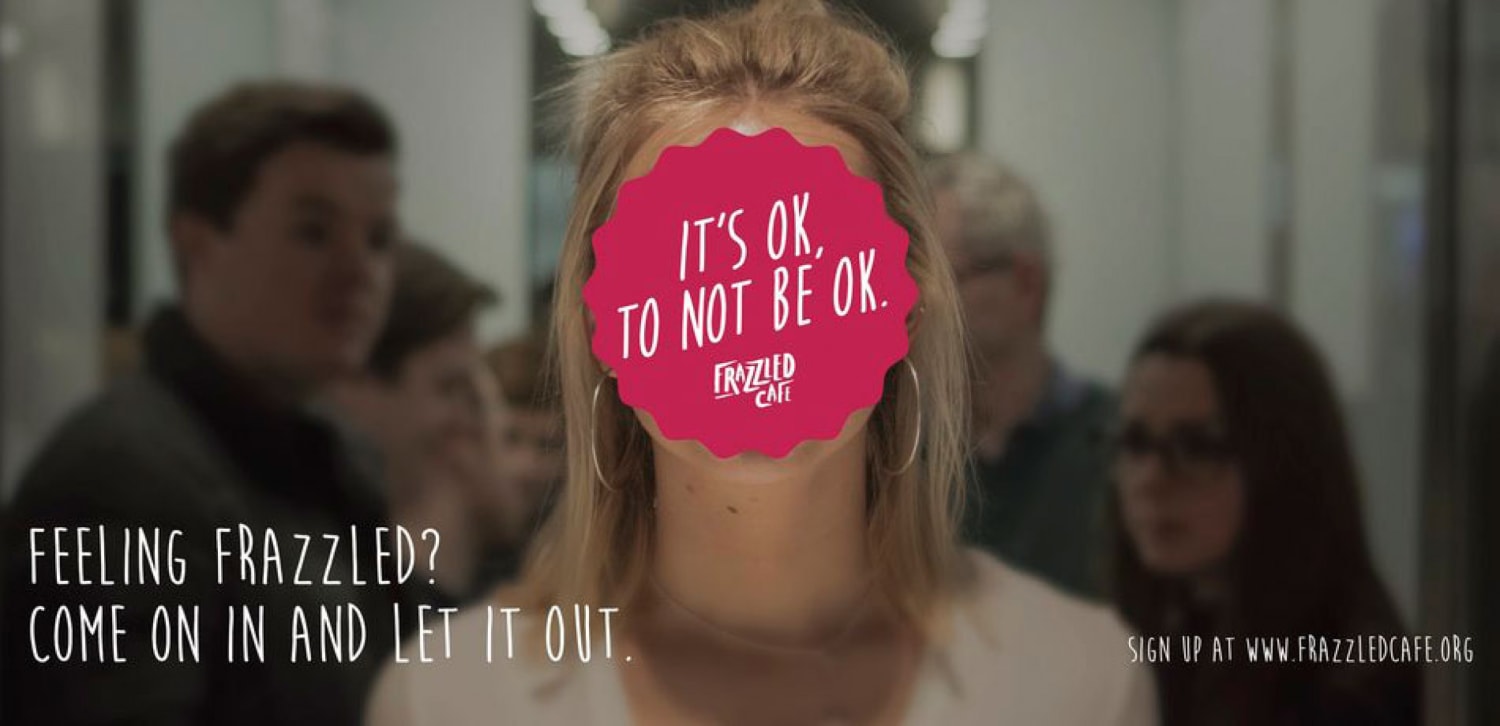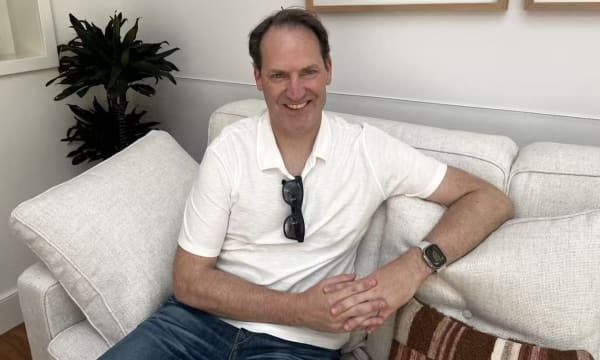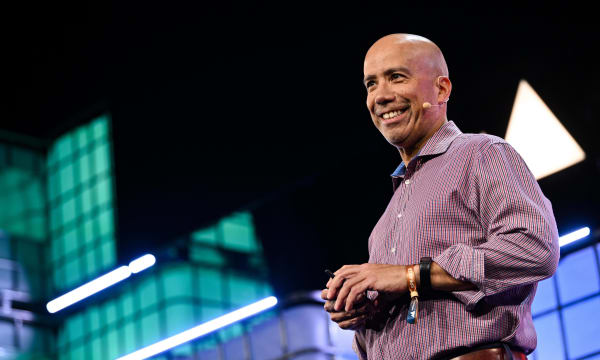The shift is also reflected in new media. ANXY, a new magazine that begins shipping in May, aims to create a space to bring mental health issues out of the shadows. “Statistics show that one of five women have had this type of trauma experience,” founder Indhira Rojas told the Innovation Group. “Why are we not having these conversations if we know, statistically, that more of us are out there?” Other publications launching this year that take on mental health include 2AM Club, from Indonesia, and Do What You Want, from UK food writer Ruby Tandoh.
“As a society, we’re gaining a greater understanding of psychology and mental health, and the influence that it has in how our body reacts to stress,” Rojas continued. “We have language for that. And I think that those concepts are getting more and more established and validated, and people are getting more comfortable around the validity of psychology. That’s also allowing these conversations to happen.”
In the UK, the National Health System (NHS)’s annual survey found that one in four adults had been diagnosed with a mental illness. The cost of mental illness in the UK, according to an independent Mental Health Taskforce to the NHS, is roughly £105 billion annually. In the US, published studies report that about 25% of adults have a mental illness, while nearly 50% will develop at least one mental illness during their lifetime. There are signs, however, of changing winds: A recent survey of US college-age adults found that 60% considered it a sign of strength to seek professional mental health services, compared to just 35% of older adults.
As consumers reconsider their relation to the always-on lifestyle, a new awareness of the medical realities of stress continues to shift the conversation around anxiety, depression, and other mental health issues. Moving forward, look for more brands to find ways to connect to consumers around this reconfigured value system.
For more on consumer attitudes toward health and wellness, keep an eye out for our forthcoming report on the future of health, The Well Economy.




